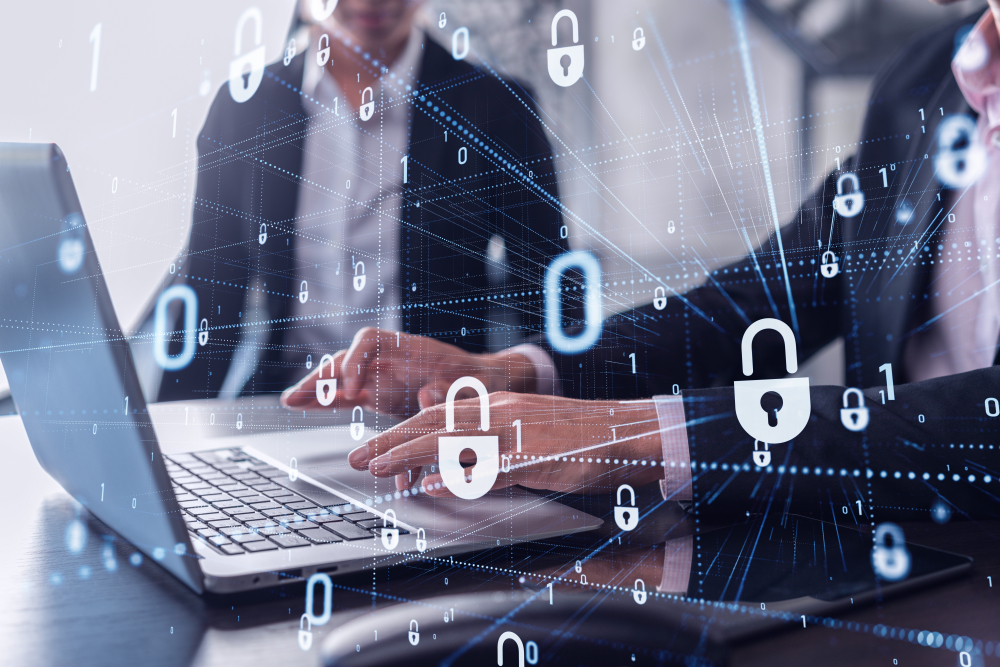- Business vacationers are the maximum number of at-danger sufferers of cyber attacks. However, they do not seem to realize it, in step with an IBM Security document carried out using Morning Consult launched Tuesday. The transportation industry has ended up being the second most attacked industry. Considering that in January 2018, some 566 million data were leaked or compromised inside the travel enterprise, the record determined.
While most of the people of commercial enterprise professionals (70%) interact with high-threat behavior throughout the journey, the best 40% stated they believed they could be targeted for cybercrimes simultaneously on the road, the document determined.

“Traveling has always been while humans are at their most vulnerable. A few hundred years ago, the perpetrators were pirates or highwaymen. Now, the criminals are nonetheless out there. However, they have modified their strategies to pay attention to digital attacks,” Caleb Barlow, VP of X-Force Threat Intelligence at IBM Security, stated in a press launch. “People carry a goldmine of information while visiting with passports, payment records, and special tour itineraries. When placed within the hands of a cybercriminal, all of this data can be patched collectively into a complete picture of the traveler’s life to tell identity theft, provoke spear phishing assaults, or be bought on the dark web.”
The document mentioned the subsequent six methods business tourists could defend themselves in opposition to cyber-attacks at the same time as in transit:
1. Monitor loyalty rewards
The report stated that information entered for loyalty packages and rewards is as precise as money to cyber criminals. Users must monitor the money they owe for their atypical hobby, use sturdy passwords, and enforce multi-thing authentication.
2. Choose your Wi-Fi with care
Public Wi-Fi networks are easy targets for cybercriminals who steal private information, including credit card information. If feasible, business travelers must attempt to avoid public networks or consider using a VPN.
3. Bring a backup battery
While loose USB power charging stations are convenient, cybercriminals can download statistics or install malware through their connections. Users must deliver their battery banks to recharge devices even when traveling.
4. Turn off unneeded connectivity
The record said that if you don’t have to use connectivity, do not. Connectivity includes Wi-Fi, Bluetooth, and different vehicle-connecting networks.
5. Shred your tickets
Destroy pointless papers like tickets, boarding passes, baggage tags, or motel receipts, which you gather over the direction of your ride. Criminals can achieve a variety of statistics from those scraps of paper.
6. Be smart while paying
The file said to avoid using debit playing cards at stores or eating places. If they use an ATM, enterprise travelers must pick one inside a financial institution branch or at an airport, where ATMs are better included.
For more, check out TechRepublic’s article on how journey-sharing apps can create severe safety risks for business tourists.











